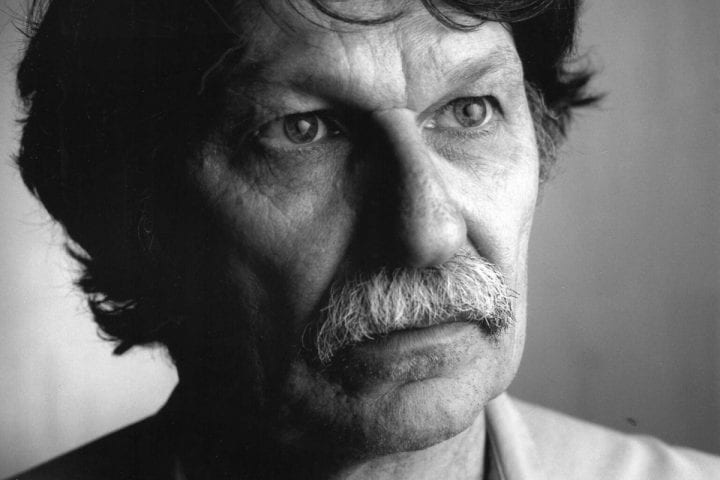
That Ocean Inside Us
February 1, 2018
This season, SAL’s friends at Poetry Northwest are partnering with us to present reflections on visiting writers from our Poetry Series. Below, Washington State Poet Laureate Claudio Castro Luna gives us her insights on Gregory Orr’s poetry, exploring how the lyric form can bring catharsis in times of chaos and trauma.
Gregory Orr will read as part of SAL’s Poetry Series at 7:30 p.m. on Wednesday, February 7 at McCaw Hall, Nesholm Family Lecture Hall. Tickets are still available here!
By Claudia Castro Luna
I first read Gregory Orr on the Sunday pages of the New York Times. On that particular day, he’d written an op-ed regarding a girl who accidentally killed her instructor at a shooting range. Halfway through the article my body tensed upon reading, “Silence quickly transforms guilt into shame, and shame builds a wall of isolation that can be impossible to breach.” In the days leading to that Sunday I’d been working on a non-fiction piece, struggling to put into words why—after the trauma of escaping the Salvadoran Civil War—my family succumbed to silence rather than reaching for language to explain what we’d feared and endured. Orr’s quote validated my own intuition and let me know that we were not an aberration. Others had also resorted to silence as way of surviving in the aftermath of a traumatic experience.
In his article, Orr tells of the defining event in his life: when he was 12, he killed a younger brother in a hunting accident. He writes, “The child has seen something that he or she is not equipped to understand,” and goes on to say, “And the child isn’t standing as a witness at the edge of this scene, but at its terrifying center.” War is the defining event in my own life, and I survived it an age similar to Gregory Orr’s experience. Having seen atrocities I never should have witnessed, sensing terror in the adults around me, I constructed apocalyptic scenarios of the torture and demise of my parents. No one around me spoke of the fear we all felt, and I followed suit. These years of terror and apprehension were completely internalized and I felt lost and alone with my feelings, an orphan in the citadel of my imaginings.
I could sense that Gregory Orr knew this terrain well. Here was someone who obviously understood, literally stood in, the well of trauma and loss. The caption at the bottom of the article indicated that he was a professor of English—and a poet no less! I needed to read this man. He had something to teach me.
In the poem “A Moment,” Orr describes the unimaginable instant when he took his brother’s life:
Always I arrive too late
to take the rifle
from the boy I was,
too late to warn him
of what he can’t imagine:
how quickly people vanish;
how one moment you’re standing
shoulder to shoulder,
the next you are alone in a field.
Click here to read more of Claudia’s essay.